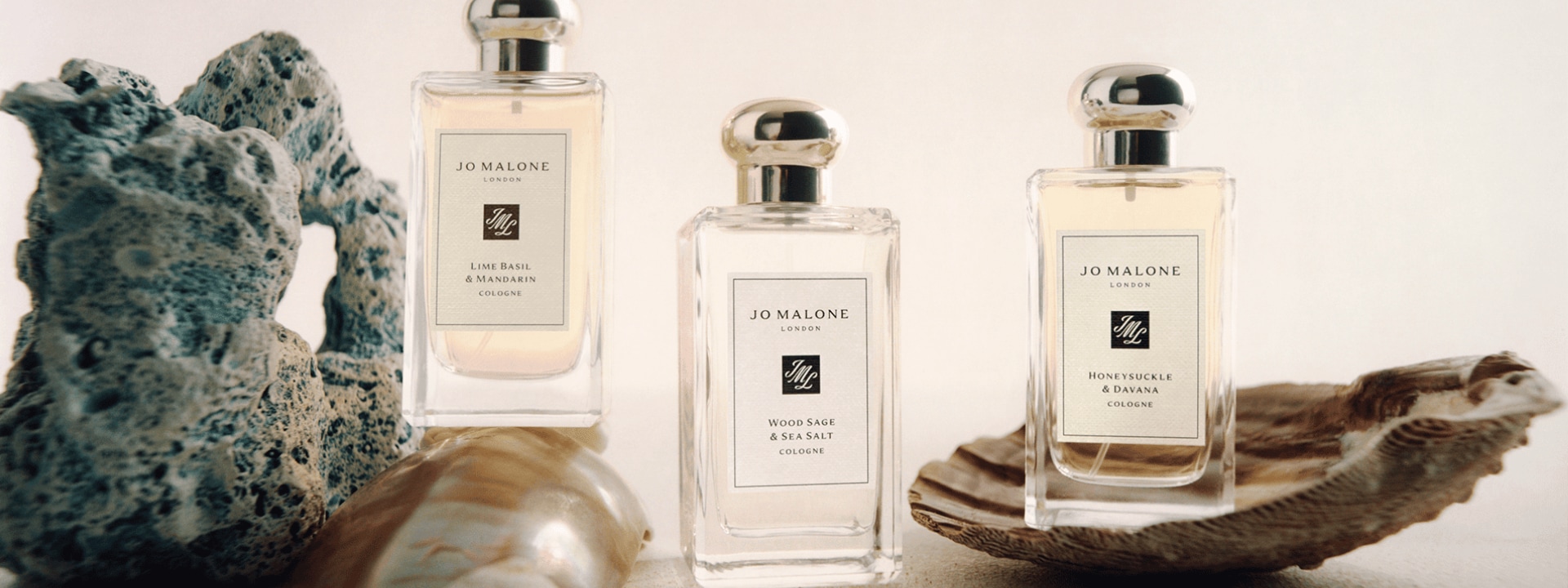2_column_grid icon4_column_grid iconaccount iconarrow-left-new iconarrow-left iconarrow-right-new iconarrow-right iconback_to_top iconbag icon bird-bottle iconbottle-label iconcc_maestro iconcheveron_small--down iconcheveron_small--left iconcheveron_small iconchevron--left-v2 iconchevron--left iconchevron-v2 iconchevron iconcircle iconclose iconclose_small icondot_circle iconemail iconfacebook icongift_close iconhamburger iconhover-arrows-left-dark iconhover-arrows-left-light iconhover-arrows-right-dark iconhover-arrows-right-light iconinformation iconinstagram iconlarge_circle iconlarge_left_arrow iconlarge_right_arrow iconleft_arrow iconlivechat iconlocked--lg iconlogo iconmap-maker iconmap-maker_filled iconmc iconmicrophone iconminus-v2 iconminus iconpause iconpaypal icon pinterest iconplay iconplus-v2 iconplus iconradio_button iconradio_button_clicked iconreviews_tick iconright_arrow iconsearch iconsofort icon speaker_button iconspeaker_mute iconspeech-bubble-tail-inner iconspeech-bubble-tail-outer iconstar_filled icon star_outline icon tick icontick_box icontick_box_checked icontick_mark_white iconvisa iconweibo iconweixin iconwishlist icon wishlist_filled icon youtube iconzoom icon
